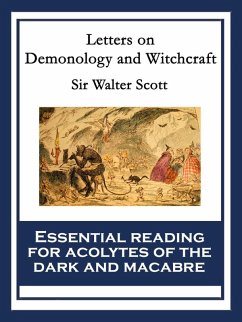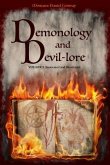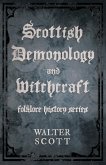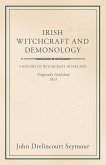In ill health following a stroke, Sir Walter Scott wrote 'Letters on Demonology and Witchcraft' at the behest of his son-in-law, J. G. Lockhart, who worked for a publishing firm. The book proved popular and Scott was paid six hundred pounds, which he desperately needed. (Despite his success as a novelist, Scott was almost ruined when the Ballantyne publishing firm, where he was a partner, went bankrupt in 1826.) 'Letters' was written when educated society believed itself in enlightened times due to advances in modern science. 'Letters', however, revealed that all social classes still held beliefs in ghosts, witches, warlocks, fairies, elves, diabolism, the occult, and even werewolves. Sourcing from prior sixteenth- and seventeenth-century treatises on demonology along with contemporary accounts from England, Europe, and North America (Cotton Mather's Magnalia Christi, for one), Scott's discourses on the psychological, religious, physical, and preternatural explanations for these beliefs are essential reading for acolytes of the dark and macabre; the letters dealing with witch hunts, trials (Letters Eight and Nine), and torture are morbidly compelling. Scott was neither fully pro-rational modernity nor totally anti-superstitious past, as his skepticism of one of the "new" sciences (skullology, as he calls it) is made clear in a private letter to a friend. Thus, 'Letters' is both a personal and intellectual examination of conflicting belief systems, when popular science began to challenge superstition in earnest.
Dieser Download kann aus rechtlichen Gründen nur mit Rechnungsadresse in A, D ausgeliefert werden.









